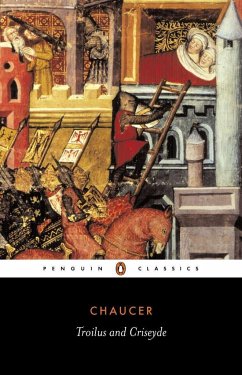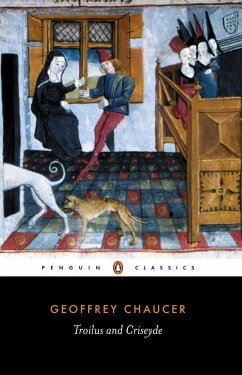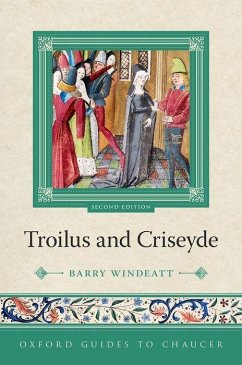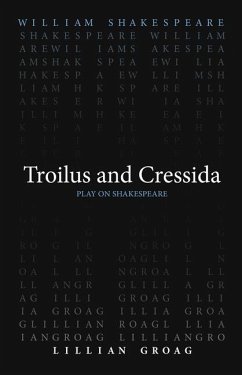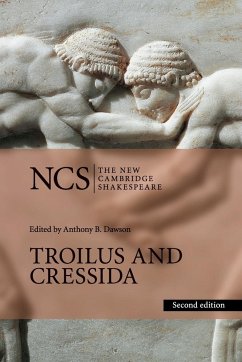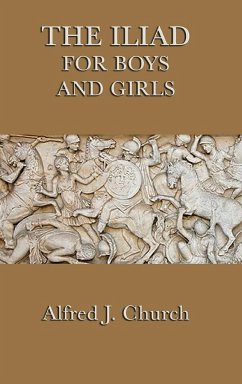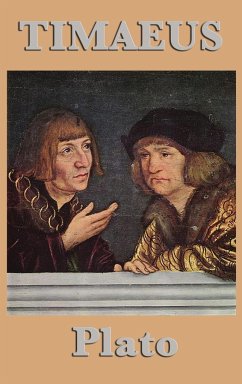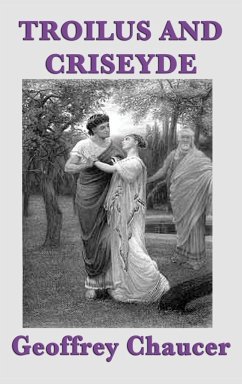
Troilus and Criseyde
Versandkostenfrei!
Versandfertig in 1-2 Wochen
31,99 €
inkl. MwSt.

PAYBACK Punkte
16 °P sammeln!
Troilus and Criseyde is a poem by Geoffrey Chaucer which re-tells in Middle English the tragic story of the lovers Troilus and Criseyde set against a backdrop of war in the Siege of Troy. It was composed using rime royale and probably completed during the mid 1380s. Many Chaucer scholars regard it as the poet's finest work.





